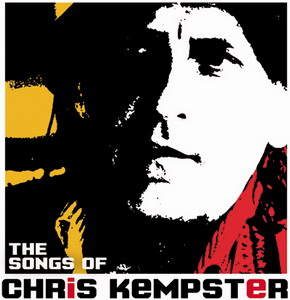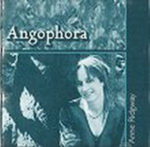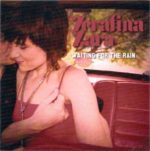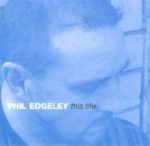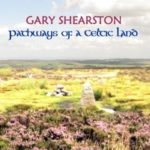Description
The original songs of Mark Cryle which have been called “the cultural vaccine for the Irish diaspora”.
CD review by Tony Smith
Various artists contributed to this two CD retrospective of Chris Kempster’s songs.
It was produced by the NSW Folk Federation and stands as an important historical document.
Chris Kempster was a member of the original Bushwhackers band, which at times included among others, John Meredith and Alex Hood.
He was one of the musicians who made New Theatre’s production of ‘Reedy River’ in the 1950s an outstanding success.
As such, Kempster can be considered a pioneer of bush music in Sydney.
Chris Kempster’s songwriting, or more especially his composing career, was accelerated when Frank Hardy asked him for musical settings for some of Henry Lawson’s poems to use in his play ‘Who Was Harry Larsen?’.
Kempster produced what has become one of the most important manuscript books in the Australian folk idiom, editing ‘The Songs of Henry Lawson’.
The book includes tunes by composers across Australia and in many cases, several alternative tunes for a poem.
Most of the tracks on this album are Lawson poems.
The CDs begin and end with instrumentals ‘Reedy River’ and ‘The Drover’s Sweetheart’, but most of the 30 tracks showcase Lawson/Kempster songs by many folk luminaries.
While the singers and instrumentalists might be largely from NSW, there are interstate performers and a few from overseas.
Tracks include Priscilla Herdman’s rendition of ‘Reedy River’ and Kempster’s ‘The Drover’s Sweetheart’.
Kempster is also there solo (‘Home’ and ‘The Outside Track’) and with Sonia Bennett (‘Do You think That I Do Not Know? and ‘Rain in The Mountains’) and with Len Neary (the traditional ‘Paddy Doyle’s Boots’).
Other contributions include those by Christine Wheeler (‘The Days When We Went Swimming’), Doug Jenner (‘The Shame of Going Back’), Declan Affley (‘Faces in the Street’, ‘Freedom on the Wallaby’ and ‘Do You Think That I Do Not Know?’), Kate Fagan (‘The Water Lily’), Dave DeHugard (‘Down the River’), Margaret Fagan (‘Bertha’), Martin Wyndham-Read (‘The Teams’), James Fagan (‘The Roaring Days’), Tom Bridges, Deanne Dale and Alison Jones (‘The Old Rebel Flag in the Rear’), Dennis O’Keefe (‘Andy’s Gone with Cattle’), Len Neary (‘One Hundred and Three’) and Chloe and Jason Roweth (‘On the Night Train’).
There are some tracks where lyrics came from other sources.
Neary and Kempster do Frank Wimot’s ‘Nursery Rhyme’.
Margaret Walters sings Dorothy Hewett’s ‘Sailor Home from the Sea’.
Danny Spooner, Bob Fagan and Alex Hood sing Merv Lilley’s ‘Cane Killed Abel’.
Alex Hood, Annette Hood and Denis Kevans do Kevans’ ‘Equal Pay’.
Roy Bailey sings Dorothy Hewett’s ‘Clancy and Dooley and Don McLeod’.
Kempster sings ‘Home’ by Christine Aylward and ‘The Outside Track’ to a tune by Gerry Hallom.
John Dengate leads a group singing ‘Freedom on the Wallaby’.
Lawson is one of half a dozen writers of whom most Australians would be aware.
He is important in that he gave expression to a genuine local identity based on stories of how unassuming people responded to the challenges of the land.
Kempster’s work in setting Lawson’s poems to music and publishing the tunes used by others gives Lawson a wider accessibility and enables listeners and readers to engage in a more emotionally appealing way than otherwise.
Perhaps Lawson did not need to be discovered by a musician, but he would doubtless be grateful that Kempster understood his worth and provided such sensitive settings for the poems.
Poet and musician would both be grateful to the committee of Margaret Walters, Margaret Fagan, Christine Wheeler, Alison Jones and Mark Gregory for bringing this project to fruition.
